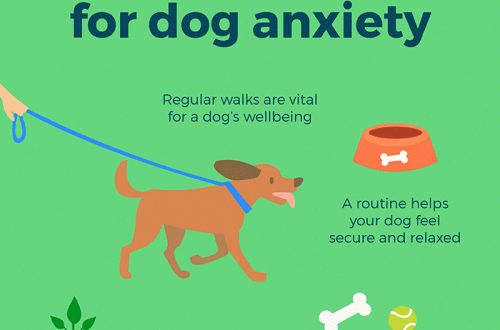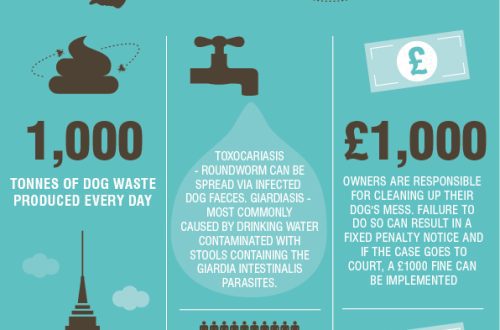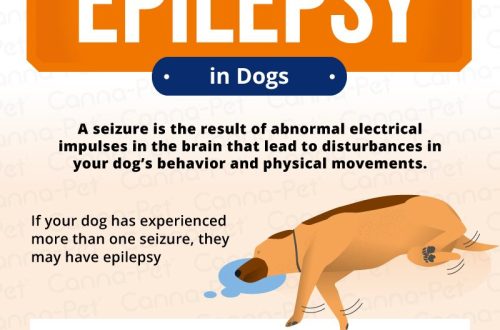
Is disinfectant or alcohol dangerous for dogs?
In an attempt to protect themselves and their health, people try to always keep a sanitizer on hand. However, they do not think about whether it is safe to leave it on a shelf under the sink or on a coffee table. At least until the dog takes over. Then the owners begin to worry if this remedy is toxic and whether it is necessary to seek emergency help if the pet has swallowed it.
It is to be hoped that such a situation never occurs. But what if the dog drank antiseptic?
Contents
What are the ingredients in hand sanitizers?
The most common hand sanitizer ingredient is ethyl alcohol. It is found in beer, wine, and other spirits and can be dangerous to dogs. Depending on the composition, hand sanitizer may contain from 60% to 95% ethyl alcohol by volume.
Dog and disinfectants: what will happen
If a dog has ingested hand sanitizer, the toxicity will depend on how much it ingested. If you just licked your hand after a sanitizer was applied to it, in principle, there is nothing to worry about. However, if more hand sanitizer gets into the dog’s stomach, it can lead to serious problems.
The dangerous amount of hand sanitizer depends on the size, health and weight of the pet. However, as the American Kennel Club (AKC) notes, “The amount of ethyl alcohol that can cause intoxication depends on its concentration in the ingested substance.”
Ingesting too much sanitizer can be fatal, so if you suspect your pet has eaten more than they should, call your veterinarian or the pet poisoning hotline immediately.
The dog swallowed alcohol: what to be afraid of
Even if your dog has never been to a sanitizer, it’s best to be aware of the symptoms that can occur if he ingests an ethanol product. The most common among them are:
- lethargy;
- lack of coordination;
- copious salivation;
- vomiting;
- weakness;
- collapse;
- slowing of the respiratory rate;
- low blood sugar;
- low blood pressure
- low body temperature.
When to Seek Help
Is alcohol dangerous for dogs? Yes. Therefore, it is important to contact your veterinarian immediately. Most likely, he will ask what kind of remedy the pet ate and what ingredients are indicated on the package. He will also ask about the amount he could swallow. Depending on the responses, the veterinarian may suggest bringing the dog to the clinic.
No one wants to even think about the fact that his pet can get into serious trouble. It’s best to check your home for possible toxins, such as alcohol, hand sanitizers, and cleaning products, and move them to high shelves or protected areas that your four-legged friend can’t reach. These preventive measures will help keep your dog safe and avoid potential poisoning problems.





